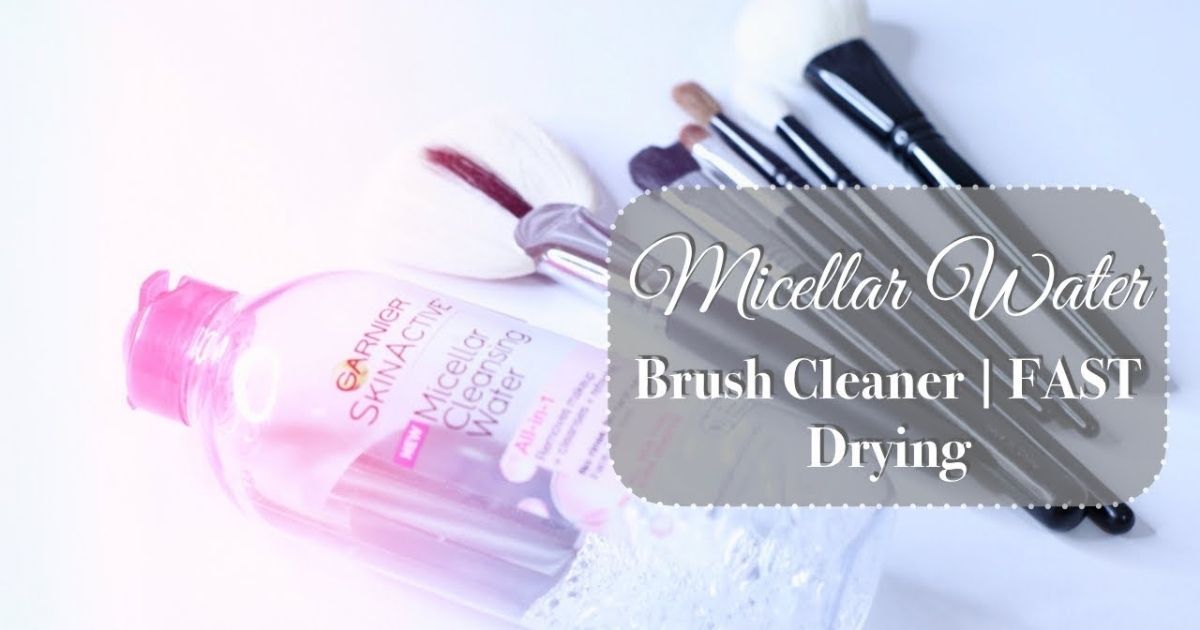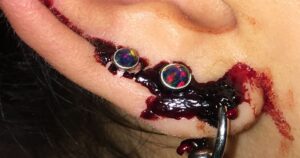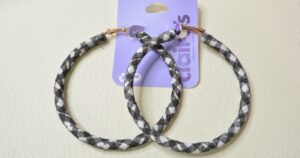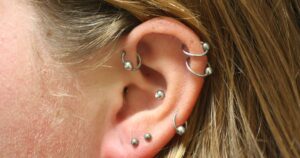Discover the transformative power of micellar water in maintaining impeccably clean and sanitized makeup brushes. As a professional in the beauty industry, you understand the importance of flawless application and the role of clean brushes in achieving it. In this article, we will delve into the efficacy of micellar water as a brush cleaner, exploring its pros and cons, proper usage techniques, and potential risks. Join us as we explore this innovative method and unlock the secrets to pristine brushes that belong in every makeup artist’s toolkit.
Key Takeaways
- Micellar water is effective in removing dirt, oil, and makeup residue from makeup brushes.
- It is gentle and suitable for all skin types, reducing the risk of irritation or breakouts.
- Micellar water may not be as effective in removing stubborn or waterproof makeup from brushes.
- It is important to consider potential risks, such as allergic reactions and the need for regular disinfection, when using micellar water on brushes.
The Effectiveness of Micellar Water for Makeup Brush Cleaning
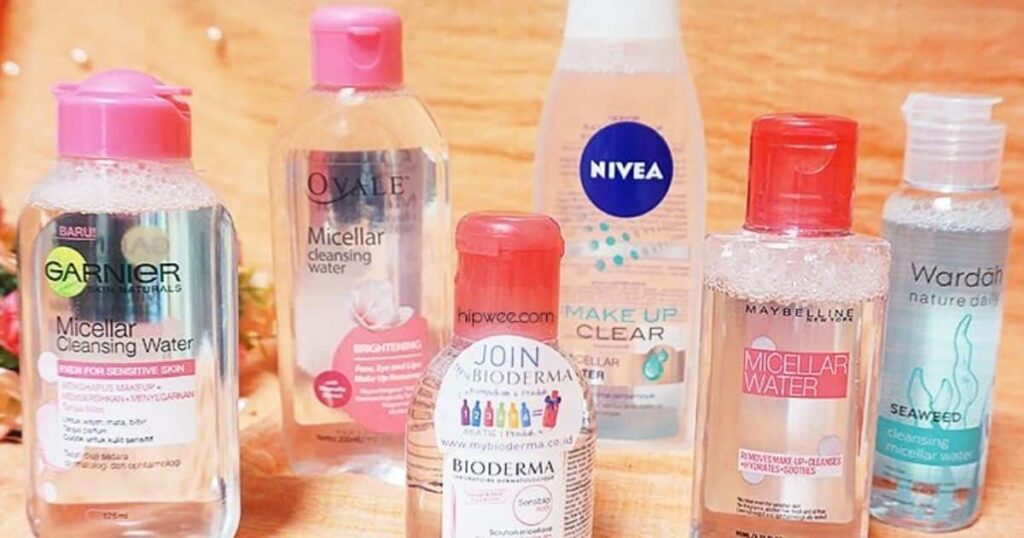
The efficacy of micellar water as a cleaning agent for makeup brushes has been a subject of much debate and scrutiny among beauty enthusiasts and professionals alike. Micellar water, with its gentle yet effective formula, is known for its ability to remove dirt, oil, and makeup residue from the skin. However, when it comes to cleaning makeup brushes, its effectiveness may vary depending on the type of brush and the amount of product buildup. Now, let’s explore the pros and cons of using micellar water to clean your brushes.
Pros and Cons of Using Micellar Water to Clean Your Brushes
Using micellar water to clean your brushes can have both advantages and disadvantages. One of the main advantages is that micellar water is gentle and suitable for all skin types, making it less likely to cause irritation or breakouts. Additionally, micellar water is effective in removing makeup residue and dirt from brushes. However, a disadvantage is that it may not be as effective in removing stubborn or waterproof makeup. It is important to weigh these pros and cons before deciding to use micellar water for brush cleaning.
How to Properly Clean Makeup Brushes With Micellar Water
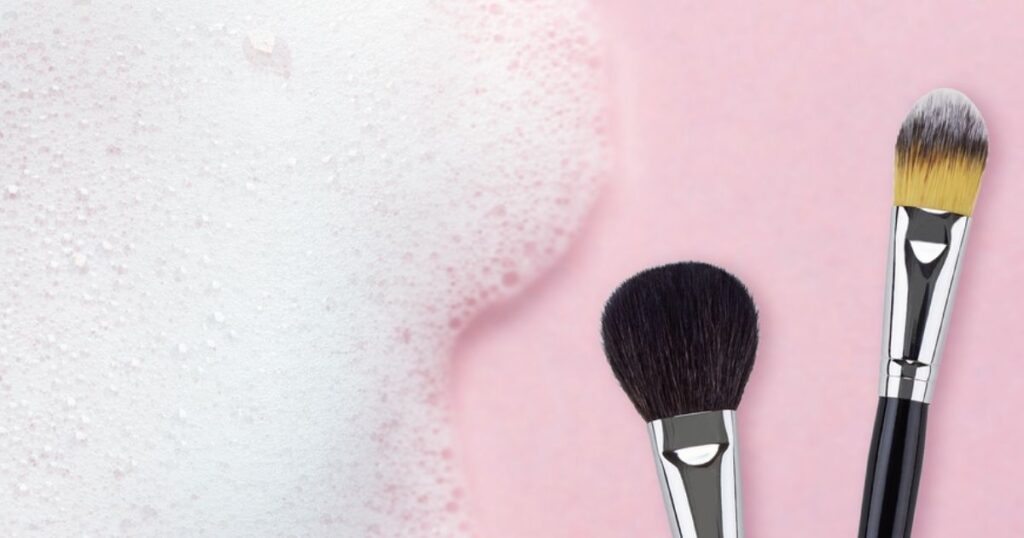
To effectively clean your makeup brushes with micellar water, start by pouring a small amount onto a clean surface and then follow these simple steps. First, dip the bristles of your brush into the micellar water, making sure they are fully submerged. Gently swirl the brush in the water to loosen and dissolve any makeup residue. Rinse the brush under lukewarm water until the water runs clear. Finally, reshape the bristles and lay the brush flat to dry.
Potential Risks and Precautions When Using Micellar Water on Brushes
While micellar water can be an effective tool for cleaning makeup brushes, it is important to be aware of potential risks and take necessary precautions. Here are some risks and precautions to consider:
- Allergic reactions: Some individuals may be sensitive to certain ingredients in micellar water, so it’s important to check the label for any potential allergens.
- Residue buildup: If not rinsed properly, micellar water may leave behind residue on the brushes, affecting their performance.
- Bacterial growth: Micellar water may not be as effective in killing bacteria as traditional brush cleansers, so regular disinfection is crucial to prevent bacterial growth.
Alternative Methods for Cleaning Makeup Brushes
Several alternative methods exist for cleaning makeup brushes, providing options for those who prefer not to use micellar water. One popular method is using a gentle shampoo or soap to wash the brushes. Another option is using a brush cleaner specifically designed for makeup brushes. Additionally, some people opt for using natural ingredients such as olive oil or coconut oil to remove makeup residue from the brushes. It is important to choose a method that effectively cleans the brushes without damaging their bristles.
Tips and Tricks for Maintaining Clean and Sanitized Brushes
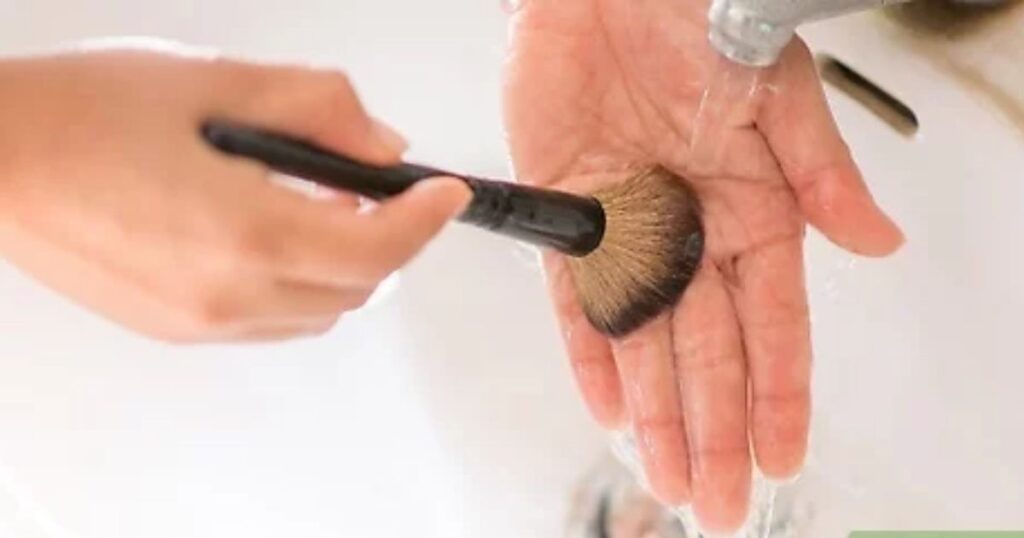
Regular and thorough brush cleaning is essential for maintaining clean and sanitized brushes. Here are three tips and tricks to help you achieve this:
- Use a gentle cleanser: Opt for a mild shampoo or brush cleanser specifically designed for makeup brushes. Avoid harsh chemicals that can damage the bristles.
- Cleanse regularly: Aim to clean your brushes at least once a week, especially if you use them daily. This will prevent product buildup and bacteria growth.
- Dry properly: After washing, reshape the bristles and lay the brushes flat to air dry. Avoid using heat or direct sunlight, as it can damage the bristles and alter their shape.
Frequently Asked Questions
Can I Use Micellar Water to Clean My Makeup Sponges or Beauty Blenders?
Micellar water can effectively clean makeup sponges and beauty blenders due to its gentle yet effective formula. Its micelles attract and remove dirt, oil, and makeup residue from these tools, leaving them clean and ready for use.
Can Micellar Water Effectively Remove All Types of Makeup Products From My Brushes?
Micellar water provides a gentle and effective way to remove makeup from brushes. Its unique formula, consisting of tiny micelles, attracts and lifts away dirt, oil, and makeup residue. However, it may not be able to remove all types of stubborn or waterproof makeup completely.
Is Micellar Water Safe to Use on Natural Hair Brushes or Synthetic Brushes?
Micellar water can be safely used to clean both natural hair and synthetic makeup brushes. Its gentle yet effective formula helps remove dirt, oil, and makeup residue without damaging the bristles.
Will Micellar Water Leave Any Residue or Film on My Brushes After Cleaning?
Micellar water is a gentle and effective option for cleaning makeup brushes. However, it is important to note that it may leave a residue or film on the brushes. It is advisable to rinse the brushes thoroughly after cleaning to ensure no residue remains.
Can Micellar Water Disinfect and Sanitize My Makeup Brushes Effectively?
Micellar water is effective in removing dirt and makeup from brushes, but it may not fully disinfect or sanitize them. To ensure proper hygiene, it is advisable to use dedicated brush cleansers or a mixture of soap and water.
Conclusion
In conclusion, while micellar water can be effective for cleaning makeup brushes, it has its pros and cons. It is a convenient option that effectively removes dirt and makeup residue, but it may not be as thorough as other cleaning methods. Additionally, caution should be exercised to avoid potential risks such as brush damage or bacterial growth. Overall, micellar water can be a useful tool for maintaining clean brushes, but alternative methods may be necessary for a more comprehensive cleaning. Like a gentle breeze, micellar water offers a refreshing yet limited cleansing experience for your makeup brushes.
